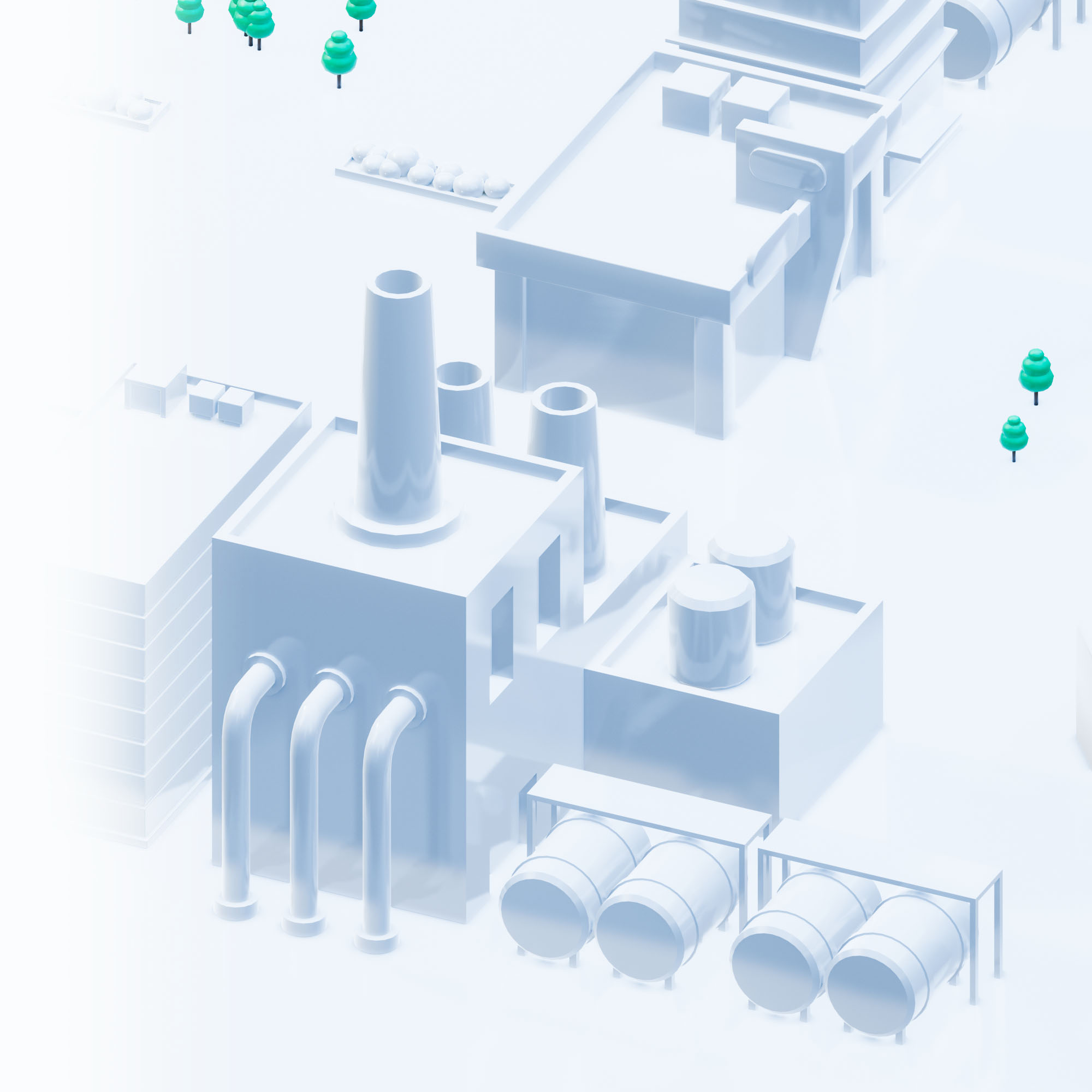Commitment
Climate protection is firmly embedded in our corporate purpose, “We create chemistry for a sustainable future,” and is a cornerstone of our strategy. We are committed to the goals of the Paris Climate Agreement and our innovative climate protection products (e.g. battery materials for electromobility) play a role here.
We are also continually working to reduce our own carbon emissions. By 2030, we want to reduce the greenhouse gas emissions from our production sites and our energy purchases by 25% compared with 2018 – while growing production volumes. We aim to achieve net zero emissions by 2050. To achieve these targets, we have set up comprehensive carbon management. This has five levers to reduce greenhouse gas emissions: Using renewable energies for both electricity and steam production, developing and applying new low-carbon production processes, using alternative raw materials and ongoing measures to further increase energy and resource efficiency in our production.
To further accelerate emission reduction, we support collaboration via the World Economic Forum’s Low-Carbon Emitting Technologies initiative, which is part of the Mission Possible Platform.
Lighthouse initiative
Completely new technologies are needed to reduce greenhouse gas emissions over the long term and on a large scale. Different teams are working on this together with our partners in our Carbon Management R&D Program.
In September 2022, we have started construction of the world’s first demonstration plant for large-scale electrically heated steam cracker furnaces. By using electricity from renewable sources instead of natural gas, the new technology has the potential to reduce CO2 emissions of one of the most energy-intensive production processes in the chemical industry by at least 90% compared to technologies commonly used today.
To support the development of the novel furnace technology, the project has been funded by the German Federal Ministry for Economic Affairs and Climate Action and by the European Union.
Another element is the generation of steam with heat pumps and renewable power. Steam is the most important energy source in the chemical industry. We use it to dry our products or heat reactors. Generating steam from fossil fuels produces CO2. In the future, we will use waste heat from our chemical plants or our cooling water system to generate steam for our production and avoiding these emissions.

